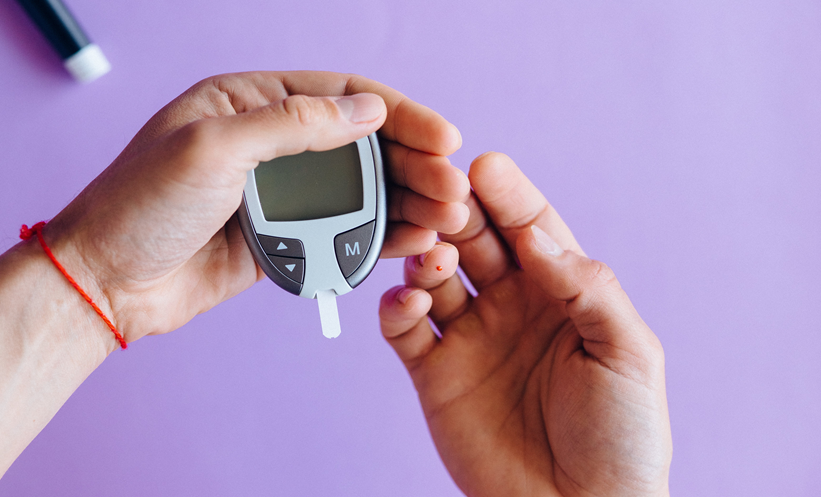FINDINGS from a cohort study have indicated that the risk for developing colorectal cancer is increased by up to 47% amongst patients with Type 2 diabetes (T2D). The study was designed to over-represent African American patients with low incomes. Diabetes prevention and improved glycaemic control could improve outcomes significantly.
Researchers from the University of Wisconsin-Madison, USA, conducted the study specifically focusing on patients who identify as African American, and have a low socioeconomic status. Data was obtained from the prospective Southern Community Cohort Study, recruiting participants between 2002–2009, who then completed three follow-up surveys by 2019. A total of 54,597 patients (64% female; 66% African American; 53% low socioeconomic status [income <15,000 USD/year]) were eligible to enrol in the study.
Results showed that 289 out of 25,992 participants with T2D went on to develop colorectal cancer, compared to 197 out of 28,605 patients without T2D, indicating an association between diabetes and increased risk of developing colorectal cancer (hazard ratio [HR]: 1.47; 95% confidence interval [CI]: 1.21–1.79). Greater risk was also observed in individuals who had gone without a colonoscopy screening (HR: 2.07; 95% CI: 1.16–3.67), and had a history of smoking (HR: 1.62; 95% CI: 1.14–2.31). Patients who had only recently been diagnosed with T2D (<5 years) also had an increased risk of developing colorectal cancer (HR: 2.55; 95% CI: 1.77–3.67). However, the study did rely on self-reporting for diabetes diagnoses and, due to the majority of participants being from a low socioeconomic background, there was a greater likelihood for undiagnosed diabetes prior to partaking in the study.
The study’s conclusions emphasised the importance of preventative screening, in order to mitigate the risk of people with T2D developing colorectal cancer. Researchers added that “increased interactions with the healthcare system following a diabetes diagnosis, including increased referrals to colorectal cancer screening, may be important for mitigating the harm of diabetes-related metabolic dysfunction, particularly in early diabetes, on colorectal cancer risk.”








